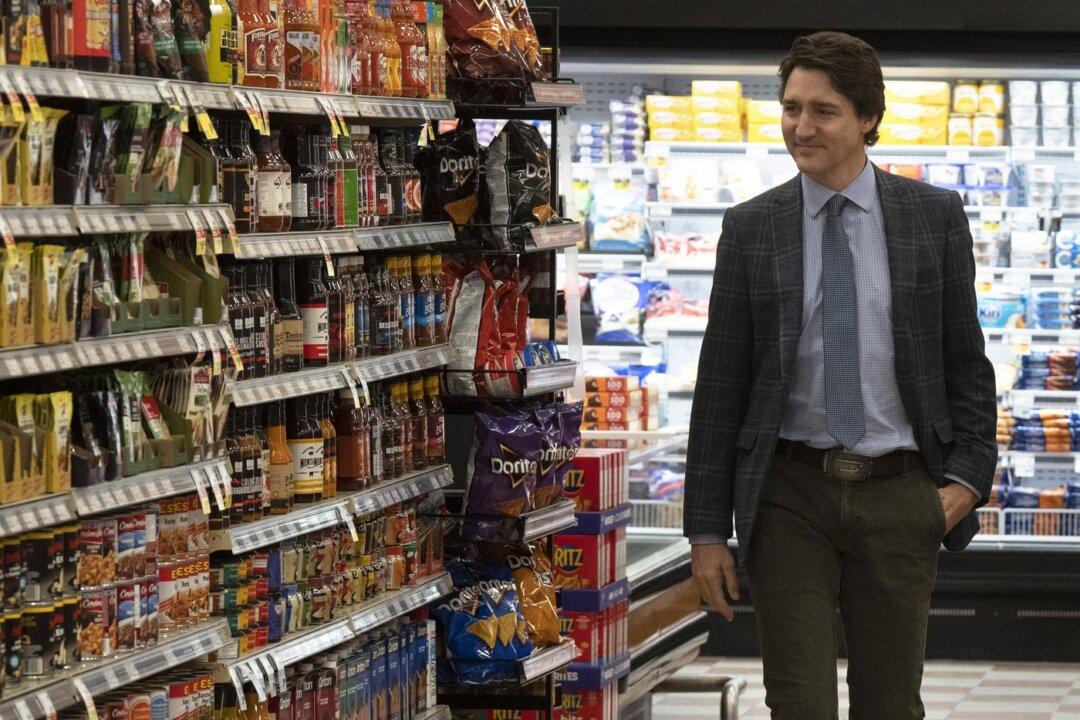As the cost of food creeps ever higher, so too will Canada’s poverty rate, according to the country’s Department of Social Development.
Ongoing food inflation will rise 14 percent or more this year, which will not only push up the price of pantry staples like peanut butter but will elevate the country’s poverty rate by spring, says a department briefing note obtained by Blacklock’s Reporter.





